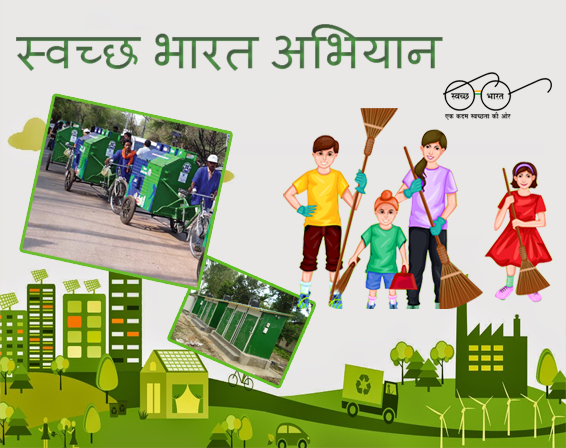Don’t be Biased! MDWS Refutes Reuter's criticism on 'Swachh Bharat'

The so-called ‘reputed’ news media agency Reuters published a story on Friday named “Modi proclaims a cleaner India, but the reality may be more murky”, highly criticizing the progress of Swachh Bharat Mission. Reuters published the story after approaching the MDWS and the Ministry had answered each and every question in detail. But the biased media tried to defame India’s globally recognized initiative. However, the Ministry in its official release has given convincing answers all the arguments made by Reuters.
Reuters raised questions on the methodology of the NARSS and thereby tried to undermine the credibility of the survey. But the Ministry countered the argument by assuring that the methodology and processes of the NARSS have been developed and approved by the Expert Working Group and the Ministry has dismissed the claims made by the RICE researchers with proper elaborations.
Reuters took the support of two surveyors’ argument concerning the methodology of the survey. But the Ministry cleared that the whole survey process is completed using CAPI – Computer Aided Personal Interviewing – which doesn’t permit an individual surveyor to perform any kind of analysis. The time spent on each interview is also recorded by the CAPI and monitored by the IVA.
Reuters exampled some incidences of open defecation in Haryana. But, in fact, Haryana has been one of the best performing state in Rural India in terms of toilet usage, which was found to be 100% as per both QCI 2017 and NARSS 2017-18, the Ministry cleared.
Over Reuter’s argument on examples of coercions in Karnataka, the Ministry cleared that many motivated agencies like RICE fail to distinguish between and affirmative community action and this point was never raised by the Reuter’s team in their questions posed to the Ministry.




